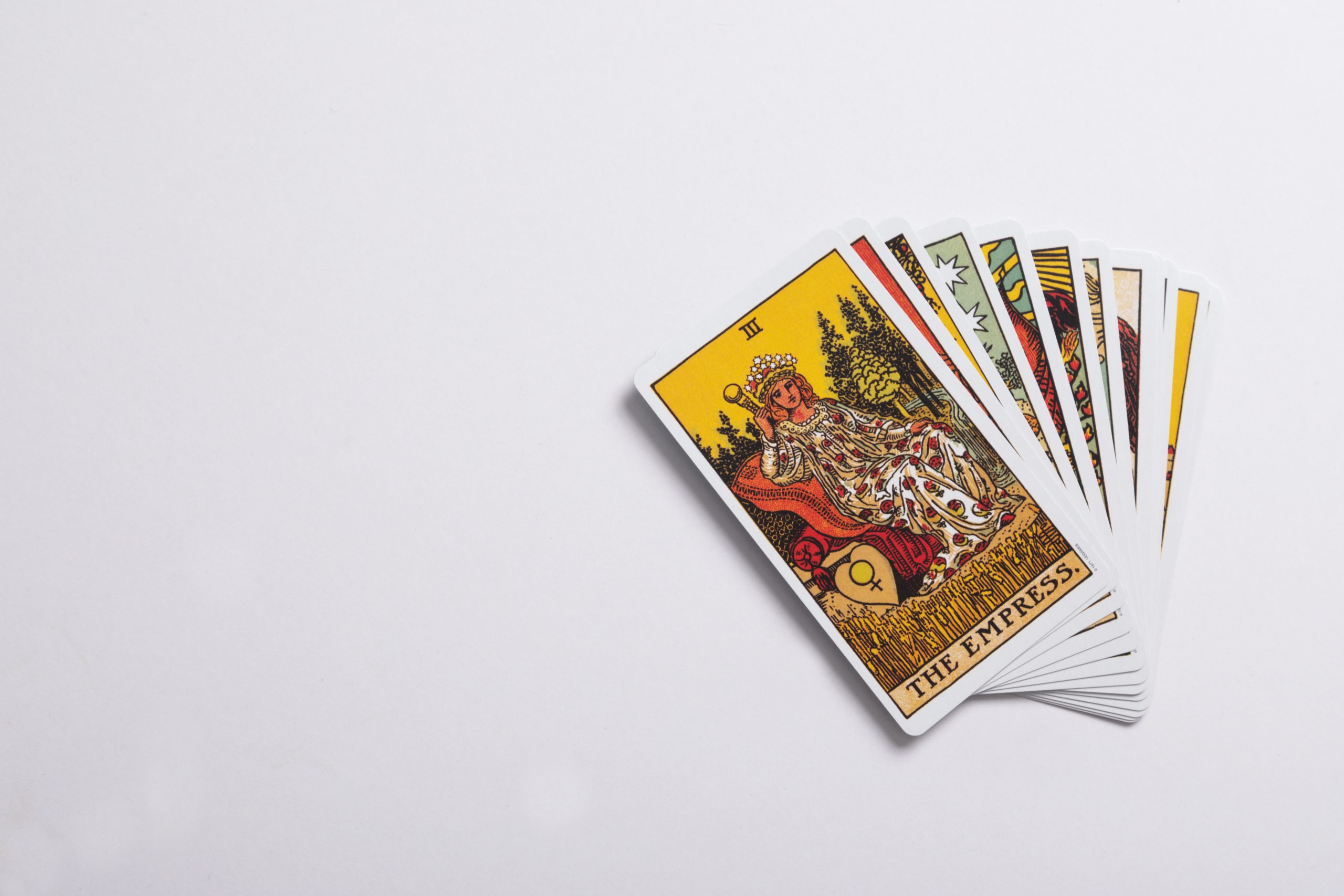Chinese Wood Element Characteristics: Exploring the Traits and Symbolism
The Chinese Five Elements theory, also known as Wu Xing, is a cornerstone of traditional Chinese philosophy and medicine. It categorizes the world into five primary elements: Wood, Fire, Earth, Metal, and Water. Each element is associated with unique characteristics, symbols, and energy patterns.
In this blog post, we will dive deep into the characteristics and symbolism of the Chinese Wood element. Wood is an essential element in Chinese cosmology, representing growth, renewal, adaptability, and upward movement. Let’s explore its traits and how they relate to various aspects of life.
1. The Symbolism of Wood
The symbolism of Wood is deeply rooted in nature. It represents the energy of plant life, symbolizing vitality, expansion, and new beginnings. Wood embodies the concept of growth, both physically and spiritually.
Just as trees grow tall and strong, the Wood element encourages us to nurture our ambitions and cultivate our potential. It is associated with the promise of spring, new life, and the energy of youth. Wood represents the upward thrust and expansive force necessary for progress in all areas of life.
2. Personality Traits of Wood Individuals
Individuals dominated by the Wood element possess distinct personality traits that mirror the characteristics of Wood itself. People with a predominant Wood element are often described as ambitious, active, and driven. They exhibit qualities like assertiveness, adaptability, and a strong desire for growth and progress.
Wood individuals have an innate sense of idealism, as they are naturally inclined to find purpose and meaning in life’s endeavors. They are also known for their visionary thinking, strong leadership skills, and ability to adapt to changing circumstances.
However, Wood individuals can also be prone to impatience, frustration, and a tendency to become easily agitated or overwhelmed. This is because the strong Wood energy can sometimes manifest as stubbornness, inflexibility, or the need for control. Balancing this energy is crucial for maintaining harmony within themselves and their relationships.
3. The Wood Element in Traditional Chinese Medicine
The Wood element plays a significant role in Traditional Chinese Medicine (TCM). In TCM, Wood is associated with the liver and gallbladder meridians, and imbalances in the Wood element can lead to various physical and emotional ailments.
An excess of Wood energy can cause symptoms like irritability, anger, migraines, muscle tension, and conditions related to the liver and gallbladder. Conversely, a Wood deficiency can lead to indecisiveness, lack of motivation, muscle weakness, and digestive issues.
Harmonizing the Wood energy through acupuncture, herbal remedies, and lifestyle adjustments forms an integral part of TCM treatments to maintain overall well-being.
4. Wood Element in Feng Shui
The Wood element is also a vital aspect of Feng Shui, the ancient Chinese practice of arranging our living spaces to optimize energy flow and promote harmony.
In Feng Shui, Wood is associated with the East and Southeast directions. Incorporating Wood elements into our living environment, such as indoor plants, wooden furniture, or green hues, can stimulate growth, improve family relationships, and attract abundance.
It is important to strike a balance with other elements to prevent an overwhelming Wood energy that can result in excessive growth or chaotic energies.
5. Wood Element and Chinese Astrology
The Chinese zodiac, based on a 12-year cycle, assigns an element to each year, which influences the characteristics and destiny of individuals born during that year.
Those born in a Wood element year, such as the Year of the Rabbit or the Year of the Tiger, typically exhibit traits associated with Wood. They are often seen as visionary, creative, resourceful, and possess great determination.
However, it is important to remember that the Wood element’s influence is not limited to the year of birth but also interacts with other elements within an individual’s birth chart.
Conclusion
The Chinese Wood element encompasses a range of characteristics, symbolism, and applications across various domains of Chinese philosophy and cultural traditions.
Understanding the traits associated with the Wood element can help us navigate life with a deeper understanding of growth, renewal, adaptability, and harmonious living. Embracing this energy can enable us to approach challenges with resilience, seek personal growth, and foster healthier relationships with ourselves and our environment.
Whether we find resonance with the Wood element through our personality traits, holistic health practices, or the principles of Feng Shui, embracing and balancing the Wood energy can bring us closer to living in harmony with nature and ourselves.
Table of Contents
